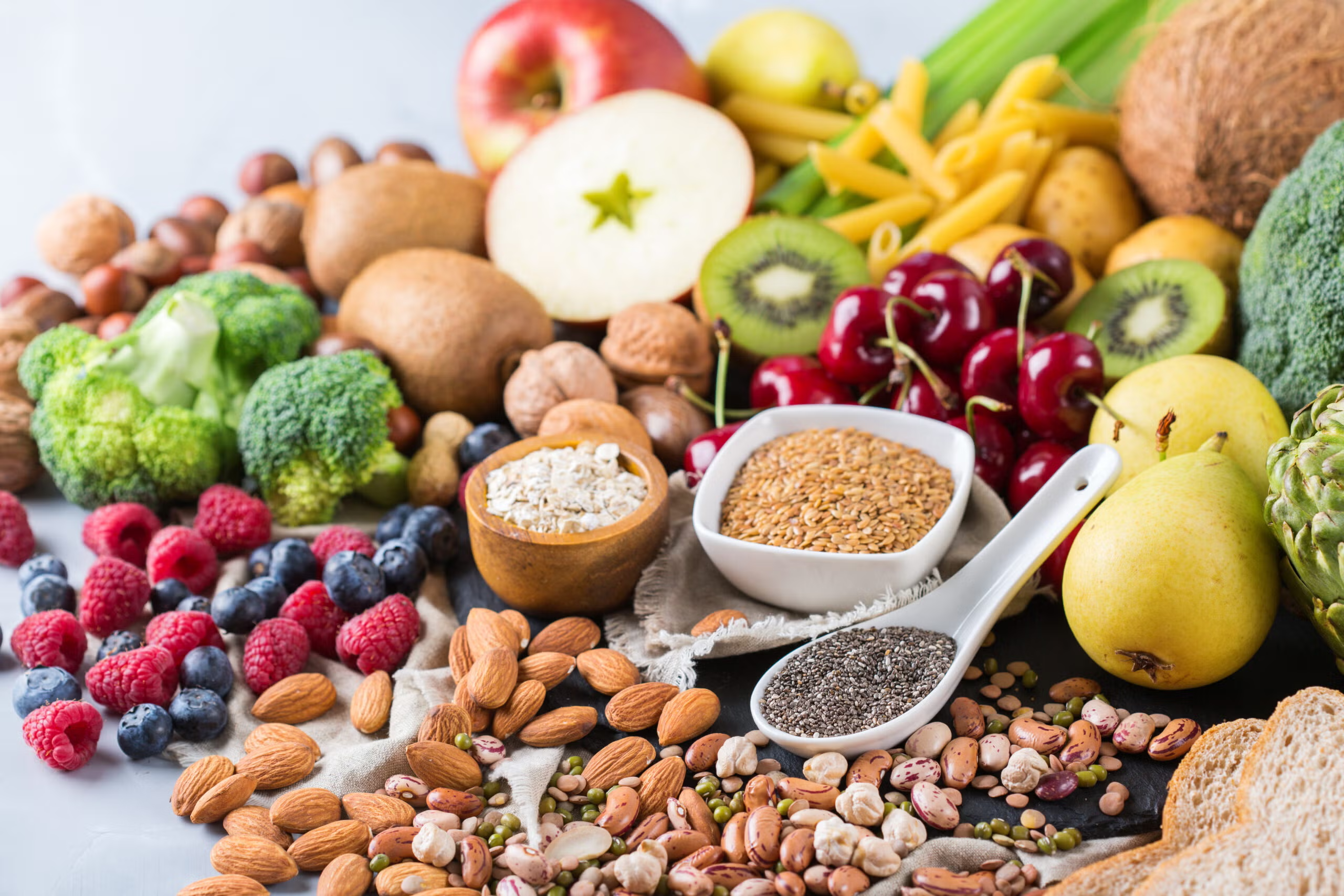FDA Guidance Carbohydrate Labeling Compliance Testing
Compliance with FDA labeling regulations is paramount in the food and feed industries. The Food and Drug Administration mandates that labels clearly indicate total carbohydrate content, which includes dietary fiber, sugars, and starches. This ensures transparency for consumers about the nutritional composition of products they purchase.
The FDA's approach to labeling compliance involves a series of guidelines outlined in 21 CFR 101, specifically focusing on the declaration of total carbohydrate content and its breakdown into sugars, dietary fiber, and other carbohydrates. These regulations are critical for maintaining consumer trust and ensuring that products meet regulatory standards.
Our laboratory specializes in FDA-compliant carbohydrate labeling compliance testing. Using advanced analytical techniques, we ensure accurate and reliable analysis to support your compliance efforts. This service includes a comprehensive approach that covers the entire process from sample preparation to final report generation. Our team of experts ensures that every aspect aligns with current regulatory requirements.
The significance of this test lies in its direct impact on consumer safety and trust. Misleading labels can lead to health risks, especially for those with dietary restrictions or allergies. By adhering to FDA guidelines, you protect your brand's reputation and comply with legal standards.
Our laboratory uses state-of-the-art instrumentation such as High-Performance Liquid Chromatography (HPLC), Near-Infrared Spectroscopy (NIRS), and Differential Scanning Calorimetry (DSC) for precise carbohydrate analysis. These tools provide detailed insights into the composition of carbohydrates in your products, ensuring accuracy and reliability.
For those seeking to innovate within their product offerings or refine existing formulations, our service offers more than just compliance testing. It provides valuable data that can inform future product development and marketing strategies. Understanding how different carbohydrate sources contribute to overall health benefits allows manufacturers to make informed decisions about ingredient selection.
The process begins with meticulous sample preparation tailored specifically for the type of food or feed being tested. Proper handling is crucial to avoid contamination or degradation, which could affect test results. Once prepared, samples undergo rigorous analysis using appropriate methods recommended by FDA guidelines. Results are then interpreted and presented in a clear, actionable format.
Our commitment to excellence extends beyond just meeting regulatory requirements; we aim to exceed expectations through superior service and cutting-edge technology. By partnering with us, you gain access to expert knowledge and resources that can help drive your business forward while maintaining high standards of quality and integrity.
Applied Standards
The analysis of carbohydrates in food and feed products must adhere to specific standards set forth by recognized bodies such as the FDA, along with international organizations like the International Organization for Standardization (ISO).
- 21 CFR 101.41: This regulation specifies that food labels must declare total carbohydrate content, which includes sugars, dietary fiber, and other carbohydrates.
- ASTM E396-18: Provides guidelines for the determination of reducing sugars in various foods using titrimetric methods.
- ISO 5504:2007: Offers procedures for determining the ash content, which indirectly helps assess carbohydrate content by subtracting it from the total solids.
These standards ensure consistency and accuracy in measuring carbohydrates across different types of food and feed products. Compliance with these regulations not only supports consumer trust but also facilitates smoother interactions between manufacturers, retailers, and regulatory authorities.
Quality and Reliability Assurance
- Method Validation: We validate our methods according to FDA guidelines before each new project begins. This ensures that the results obtained are accurate and reliable.
- Data Accuracy: Our laboratories are equipped with advanced instrumentation capable of delivering precise measurements essential for meeting strict regulatory standards.
The importance of quality assurance cannot be overstated when dealing with FDA regulations. Inconsistent or inaccurate data could lead to non-compliance, which has severe consequences including fines and recalls. Therefore, we employ stringent quality control measures at every stage of the testing process – from sample receipt through analysis up until final report generation.
Our quality assurance team conducts regular audits of all internal processes to identify potential areas for improvement. Continuous training ensures that our staff stays updated on the latest methodologies and best practices recommended by regulatory bodies worldwide.
In addition, we maintain ISO/IEC 17025 accreditation, which is an international standard for proficiency in laboratory testing and calibration services. This certification guarantees that our facilities meet stringent criteria regarding infrastructure, equipment maintenance, personnel qualifications, and procedural documentation.
Customer Impact and Satisfaction
- Enhanced Compliance: By providing accurate carbohydrate labeling compliance testing, we help customers meet FDA requirements, thereby protecting their brands from potential legal issues.
- Improved Product Quality: Our detailed insights into the composition of carbohydrates enable manufacturers to refine formulations and enhance product quality.
The ultimate goal is to ensure customer satisfaction by delivering high-quality results that not only meet but exceed expectations. We understand the importance of timely delivery, accurate interpretation, and clear communication of findings.
Through our comprehensive approach, we aim to build long-term relationships based on trust and reliability. Our services are designed specifically for quality managers, compliance officers, R&D engineers, and procurement teams who rely on us for critical data supporting their decision-making processes.
Our customer-centric philosophy ensures that every interaction is tailored to meet individual needs. Whether it's providing technical support during the testing phase or offering strategic advice post-report generation, we are committed to delivering value-added solutions that drive success in your business operations.





